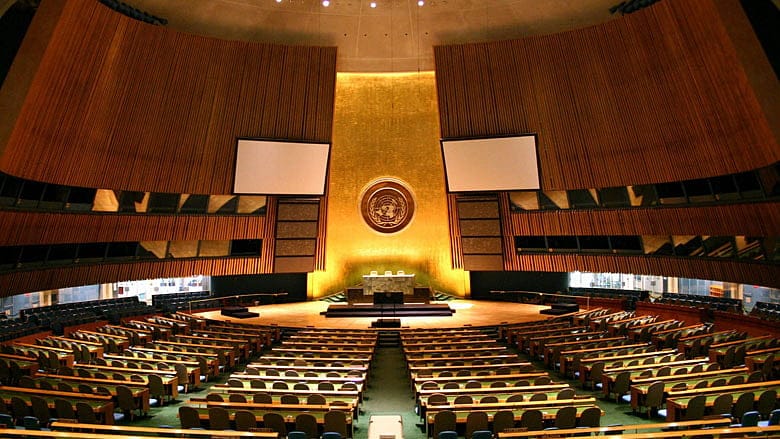U.S. unhappy Iran’s complaints included in UN report on nuclear deal

(CNSNews.com) – Six months after the Iran nuclear deal began taking effect, U.N. Secretary-General Ban Ki-moon provided the U.N. Security Council Monday with a report on the implementation of the resolution that endorsed the deal – and annoyed the U.S. by including in it Iranian complaints about sanctions relief.
The Obama administration said those complaints should not have been included in Ban's compliance report, noting that the parties negotiating the Joint Comprehensive Plan of Action (JCPOA) had established a separate body to deal with such points of dispute.

